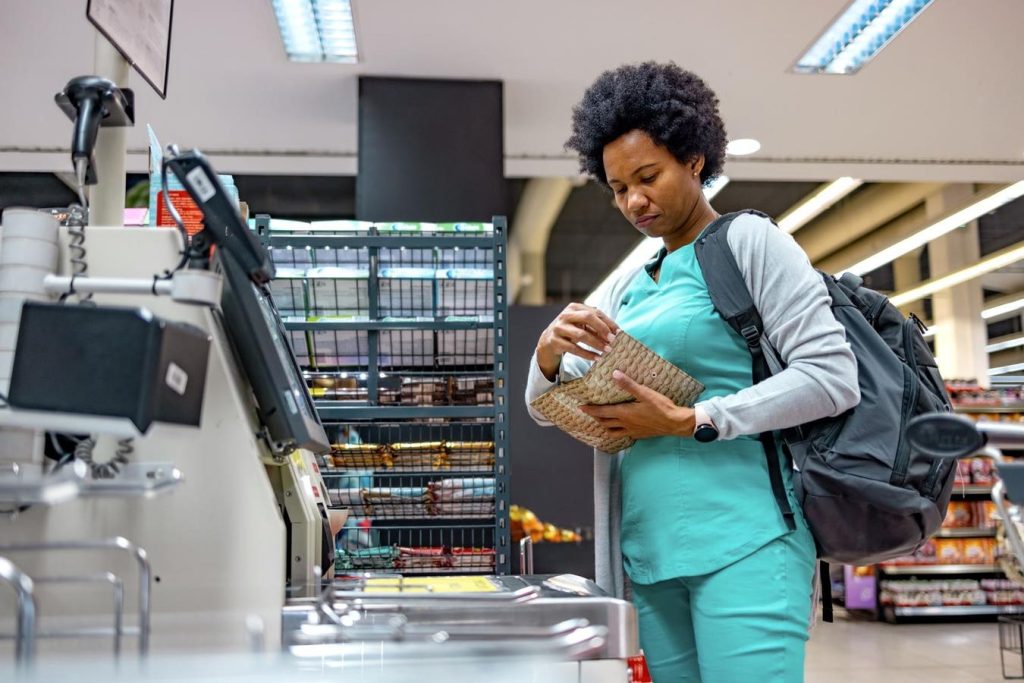The CEO of National Retail Solutions (NRS) is dedicated to helping retailers succeed through various technological solutions provided by the company, including POS systems, NRS Digital Media, NRS Pay, NRS Funding, NRS Purple, and NRS Petro. These innovations aim to streamline processes and enhance the overall shopping experience for both businesses and consumers.
The rise of self-checkout technology in the retail sector has been significant, with traditional self-checkout stations and mobile scan-and-go options becoming increasingly popular. This trend is driven by a global increase in self-checkout terminals, fueled by labor shortages and a consumer preference for faster and more autonomous shopping experiences.
While self-checkout systems offer benefits such as cost savings, improved efficiency, and valuable data collection for businesses, they also present challenges such as theft prevention and potential job displacement for cashiers. Consumers appreciate the speed and convenience of self-checkout but may experience technical issues and concerns about unintentional theft, impacting their overall satisfaction.
Technological advancements in self-checkout systems are anticipated to harness advanced AI for image recognition, reducing errors and streamlining the checkout process. However, concerns about privacy, data security, and customer trust remain paramount. Businesses must prioritize customer needs, security, and transparent communication while integrating new technologies seamlessly with existing systems.
The adoption of self-checkout technologies varies between the retail and food service sectors, with retail businesses embracing automation more readily due to transaction volume and efficiency needs. In contrast, the food service industry has been more cautious in adopting self-checkout systems, considering customer expectations for personal service and experience. Balancing technology adoption with customer comfort levels is a key challenge for businesses in both sectors.
The debate on integrating self-checkout systems into a hybrid model that combines automation with human interaction highlights the importance of maintaining a personal touch in the digital age. Businesses must consider the ethical implications of automation, including revenue sharing, employee development, and the overall impact on the customer experience. Finding the right balance between automation and human interaction will be crucial for businesses seeking sustained success in the digital age.
As self-checkout technology continues to reshape the retail experience, businesses must navigate the benefits and challenges of automation to prioritize efficiency and customer connection. By carefully considering the impact on workers, customers, and the overall shopping experience, businesses can position themselves for success in the evolving digital landscape.


